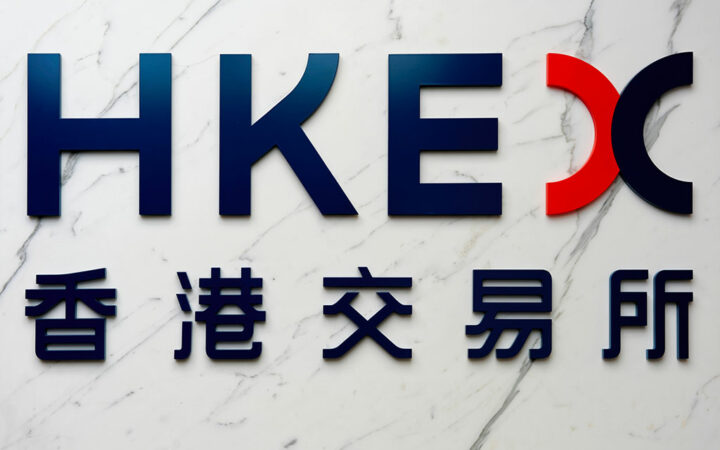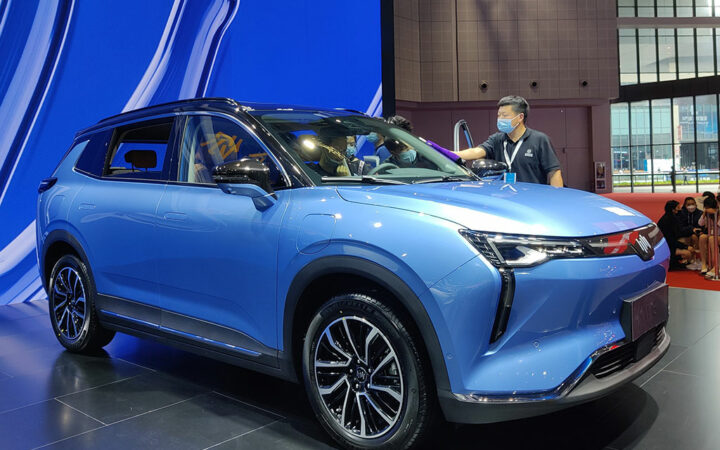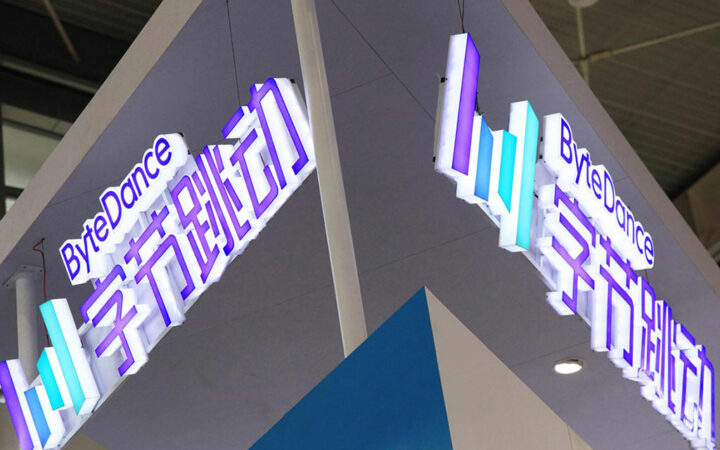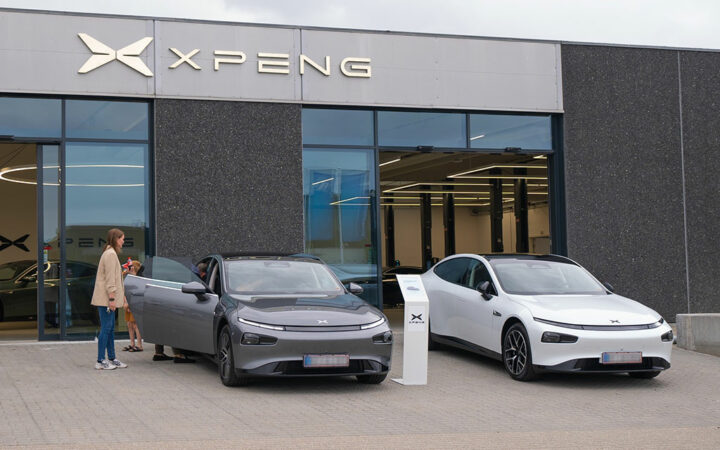
Darya is a crypto enthusiast who strongly believes in the future of blockchain. Being a hospitality professional, she is interested in finding the ways blockchain can change different industries and bring our life to a different level.
The total debt amount of Orange Electric Travel has made up as much as 16.30807 million yuan (about $2.42 million).
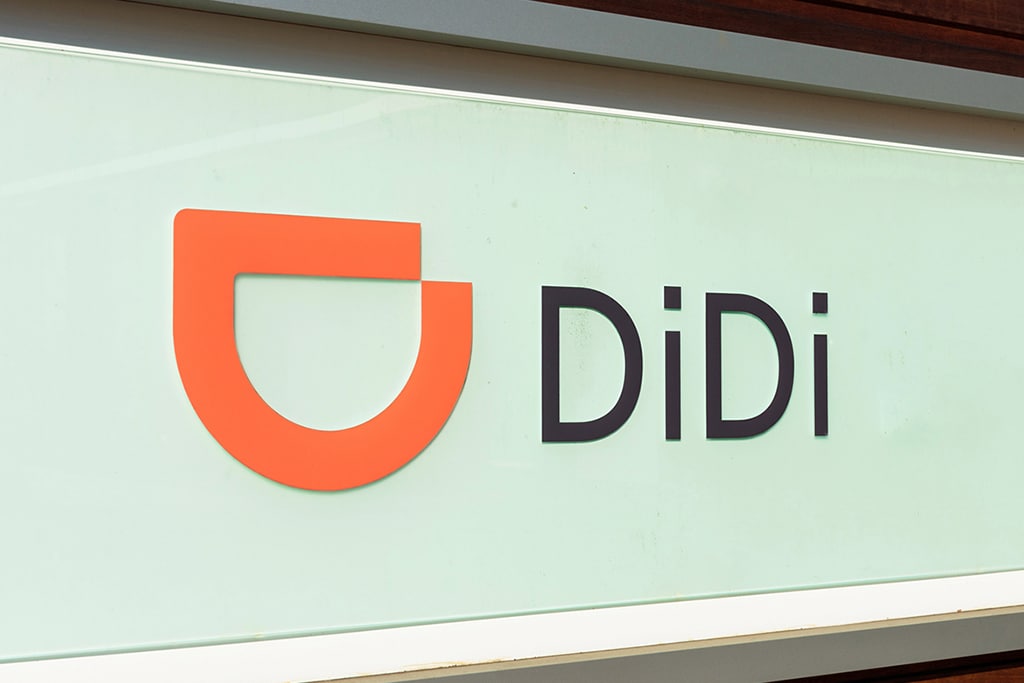
Orange Electric Travel Technology Co. Ltd., an EV joint venture of Chinese mobile transportation company Didi Chuxing Technology Co (OTC: DIDIY) and electric vehicle manufacturer Li Auto Inc (NASDAQ: LI), has filed for bankruptcy, putting an end to a four-year partnership of the companies. Submitted on Thursday to the Beijing First Intermediate People’s Court, states that the joint venture was owned by Didi and Li Auto in the proportion of 51/49, with the majority of shares owned by Didi.
Didi vice president Yang Jun was the chairman and legal person of Orange Electric Travel, while co-founder and president of Li Auto Shen Yanan was the CEO.
Didi and Li Auto were planning to create and produce customized smart electric vehicles for ride-hailing services. However, their joint venture did not perform as Didi and Li Auto were expecting and resulted in bankruptcy. The total debt amount of Orange Electric Travel has made up as much as 16.30807 million yuan (about $2.42 million). Besides, in February this year, the Beijing Chaoyang People’s Court named Beijing Orange Electric Travel the main debtor, with the subject of enforcement of 13.8596 million yuan ($2.06 million).
Orange Electric Travel appeared back in 2018 when Didi and Li Auto (at that time it was known as Chehejia) teamed up in order to develop and manufacture custom-made sensible electrical automobiles for ride-hailing providers. Notably, for Didi, the partnership followed the 64 million-yuan deal with Volkswagen Group, a $600-million investment from Toyota Motor Corporation, as well as the launch of the world’s first volume customized vehicle for sharing rides in collaboration with BYD. In addition, earlier this year, Didi was also in talks with Haima Automobile, discussing a partnership to make electric vehicles.
Furthermore, there were reports about Didi considering acquiring a stake in state-backed Sinomach Automobile’s electric-vehicle unit from minority shareholders.
Didi has made numerous efforts to achieve its ambitious goals, but the progress has been low. Last July, the company also faced scrutiny from the Chinese government, as the Cyberspace Administration of China accused the company of “serious violations” of data laws with the company’s all-important consumer app. As a result, Didi was forced to de-list from the New York Stock Exchange. Instead, it moved to Hong Kong, saying that listing on the Hong Kong Stock Exchange would ensure that its American depositary shares could be swapped for “freely tradable shares of the Company on another internationally recognized stock exchange.”
Disclaimer: Coinspeaker is committed to providing unbiased and transparent reporting. This article aims to deliver accurate and timely information but should not be taken as financial or investment advice. Since market conditions can change rapidly, we encourage you to verify information on your own and consult with a professional before making any decisions based on this content.

Darya is a crypto enthusiast who strongly believes in the future of blockchain. Being a hospitality professional, she is interested in finding the ways blockchain can change different industries and bring our life to a different level.

